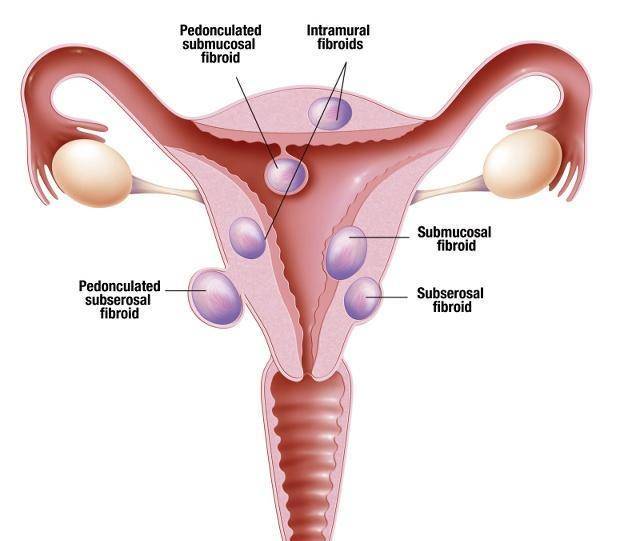In clinical practice, some women may undergo uterus removal surgery due to uterine issues. Therefore, many people wonder what needs to be noted after the uterus is removed. Estrogen is mainly secreted by the female ovaries, so removing the uterus does not require removing the ovaries at the same time, so hormones will still be present after surgery. Of course, if both the uterus and ovaries need to be removed, hormone replacement therapy can be used to address any hormonal changes post-surgery, so there is no need to worry about becoming more masculine due to estrogen loss.
What should women pay attention to after the removal of the uterus and ovaries?
After the removal of the uterus and ovaries, women may feel discomfort, which is to be expected. When the body suddenly loses something, there will definitely be areas of discomfort. Everyone’s situation is different, so the issues that may arise vary; some may experience vaginal dryness, while others may experience osteoporosis.
It is worth noting that after the removal of the uterus and ovaries, sexual activity should be avoided for a short period to allow the body time to heal. Avoid intense physical activities and lifting heavy objects post-surgery. Instead, avoid prolonged sitting and take short walks, especially after meals. Avoid spicy and stimulating foods, alcohol, and smoking, and focus on consuming green foods, especially those rich in iron, which are beneficial for the body. Furthermore, maintain a positive and cheerful mindset, avoid drastic mood swings, focus on lifestyle adjustments, and cultivate healthy habits.
What are the effects of uterine removal on women?
1. Inability to conceive naturally. Although the ovaries remain functional and can still ovulate normally, successful fertilization requires the fertilized egg to implant and develop in the uterus, which is no longer present after uterine removal.
2. Impacts on ovarian function. The presence of the uterus promotes adequate blood supply to the ovaries; without the uterus, ovarian blood supply may be insufficient, affecting ovarian function and leading women into menopause earlier.
3. Cessation of menstruation. While the ovaries continue to secrete estrogen, menstruation relies on the cyclical shedding of the endometrium within the uterus. With the uterus removed, the endometrium is no longer present, resulting in the cessation of menstruation.
Overall, middle-aged women will experience some bodily changes after the removal of the uterus and ovaries. However, excessive worry does not aid in the healing of the incisions, so maintaining a positive attitude is essential.


